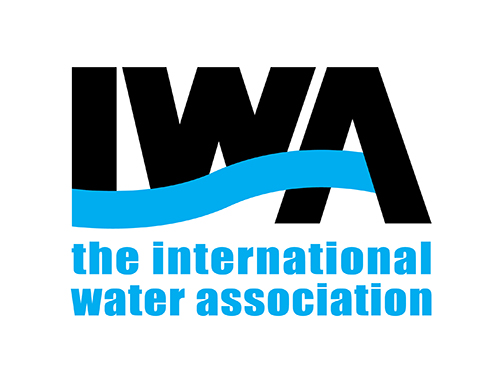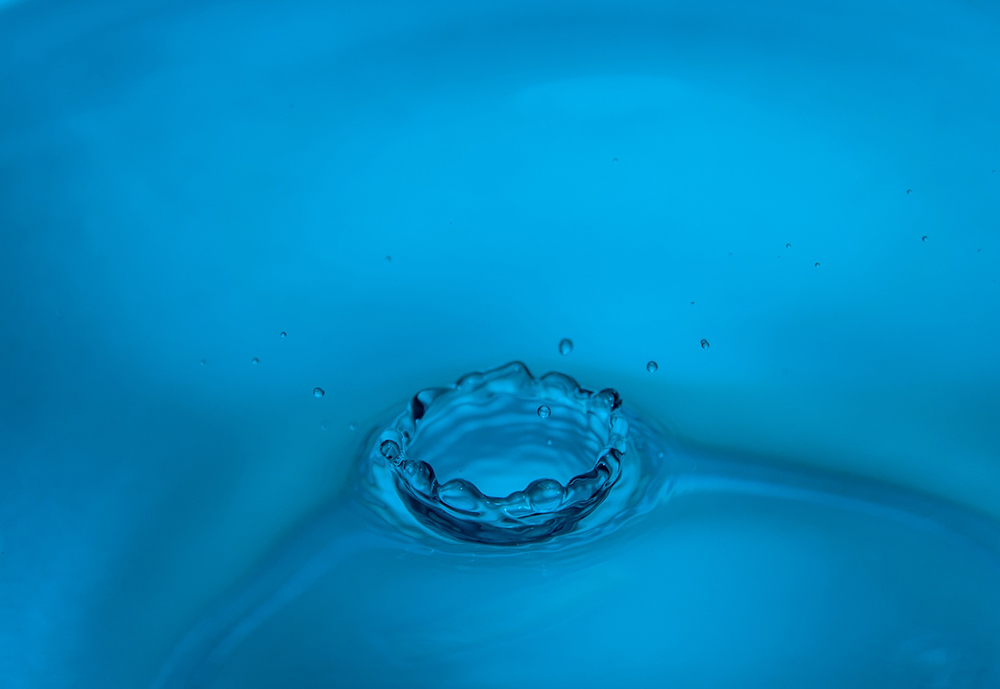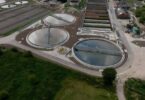In this Water Quality Month Q&A, we spoke with International Water Association’s Strategic Programmes Officer, Samuela Guida, about the organisation and what they are doing to improve water quality in the UK, and beyond.

What is the International Water Association all about?
The International Water Association (IWA) is a network and an international global knowledge hub open to all water professionals and anyone committed to the future of water. With its legacy of over seventy years, it connects water professionals around the world to find solutions to global water challenges as part of a broader sustainability agenda.
As a non-profit organization with a membership in more than 130 countries, the IWA connects scientists with professionals and communities so that pioneering research offers sustainable solutions. In addition, the association promotes and supports technological innovation and best practices through international frameworks and standards.
Why is water quality still a topic of concern globally?
There has never been a time in human history when ensuring adequate water quality has been so crucial. Poor water quality can have a detrimental effect not only on aquatic life but also on the ecosystems that depend on water, including human life. As a result of the increase in world population, there is an unavoidable rise in the demand of fresh water. However, human activities and their associated impacts (industrial processes, uncontrolled use of some fertilisers/pesticides, excessive use of detergents, landscape alteration etc.) are the primary cause connected to the pollution of water sources. Our life on the planet depends on water and, most importantly, high-quality water. Poor water quality can poison our water supply, spread diseases, kill wildlife therefore affecting food chains – thus posing substantive risks to our own future.
Why is Water Quality Month important to you?
At IWA, we believe that water underpins every aspect of human and environmental existence. The severe water challenges facing the world today require an unprecedented global response. Initiatives like the Water Quality Month help people understand of how much we, as humans, are impacting water quality through our everyday activities, sometimes without even realising it. Water Quality Month is an important awareness campaign which can lead to informed decisions and concrete actions towards a better, more sustainable future for all.
What role does the water industry play in improving water quality?
As provider of drinking water and wastewater services, the water industry plays a crucial role in maintaining high water quality standards. By working in close relationship with regulators and national bodies on environmental issues, water providers must ensure that those standards are respected and that potential risks are flagged when those standards are not upheld.
Scientists and engineers in the water industry have an enormously important role to play in this area as they have the opportunity to discover new methods and techniques to improve water quality, and change the way we manage wastewater. They are also at the forefront of finding solutions to implement models such the ‘one water’ approach, and the circular economy of water. Additionally, the water industry plays a fundamental role in raising awareness about the importance of saving water and the risks to human health associated with a polluted environment.
What steps are you taking to help improve water quality?
IWA is an innovative and solutions-oriented network, working across a range of areas that contribute to the improvement of water management worldwide. Our programmes develop research and contribute to projects focused on solutions for better water and wastewater management. Many of these projects are working towards SDG6.3 (Wastewater & Water Quality).
This can be demonstrated by our collaboration in the AquaRating initiative (a system based on an international standard for the evaluation and improvement of water and sanitation utilities) which, among other objectives, looks into quality of the drinking water, the distribution process, wastewater collection and customer service.
Additionally, IWA is one of the partners of the consortium of the PrimeWater H2020 EU project which investigates the potential of Earth observation technologies and hydro-ecological modelling tools to improve water quality (and quantity).
Finally, IWA enables the activities of our Specialists Groups (SG) – many of whom are focused on topics related to water quality. SGs are one of the main mechanisms for like-minded IWA members to network and share knowledge.
If you could change one thing about the way water quality is managed currently, what would it be?
The way information is presented to the public needs to be improved. By providing easy to understand, accessible and clearer information on water quality, it would be possible to raise awareness and empower the public to take concrete actions to reduce water pollution.
What are your hopes for the future of our water sources?
It is a known fact that many countries will face a reduced availability of surface water resources by 2050 and that available freshwater resources will decrease in the coming years due to the growing demand of an increasing world population. Decision makers need to develop and improve sustainable water use policies as soon as possible to preserve the future of the next generations. Water resources management needs to be recognised as a high-priority topic, on par with climate change. Our hope is that people will start considering water as a finite and precious resource and treat it as such.
What role do you think technology will play in securing water quality?
Technologies play a crucial role in securing good water quality. As promoted within the IWA Digital Water Programme, the uptake and integration of digital technologies and tools will shape resilient water utilities of the future who manage water wisely, sustainably and equitably. For example, the importance of new technologies for water quality was recently highlighted during the IWA webinar on Earth observation (EO) technologies for water quality management. The webinar presented how EO technologies are being applied across the water sector to better manage water quality issues such as algal blooms and turbidity.
Do you have an article to share? Click here to submit or if you’d like to subscribe to our weekly newsletter, click here.







